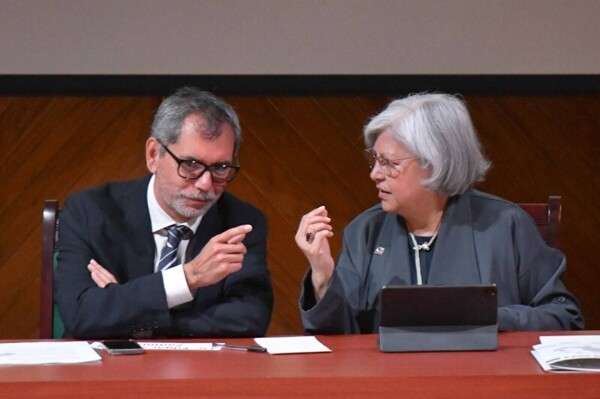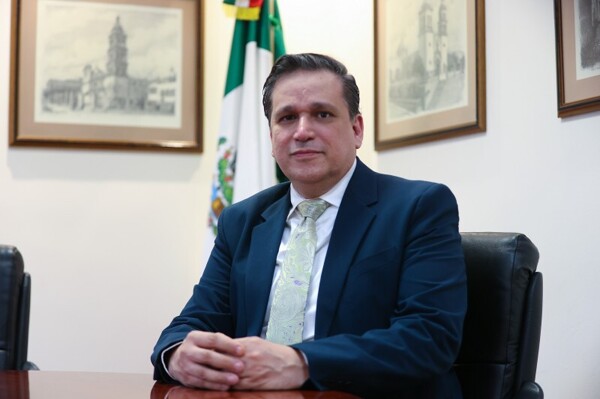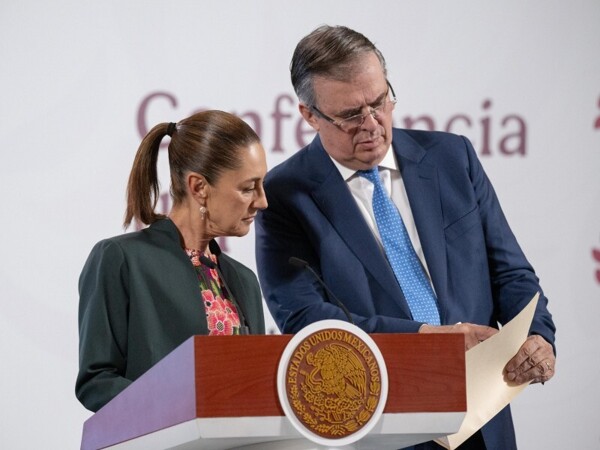Salvador Alva, recognized for his extensive managerial experience and author of several books, including the most recent "How to Double the Income of All Mexicans" by Editorial LID, proposes a radical change in the country’s development policy. He believes that Mexico is caught in a worn-out industrial model and advocates for the creation of specialized zones for digital nomads, an aging population, and high-value industries, instead of the chaotic dispersion that has been perpetuated.
In his opinion, the knowledge economy has changed the rules of the game, giving greater importance to talent over manufacturing. He emphasizes that Mexico does not need to reinvent the wheel but should focus on three key aspects: entrepreneurship, talent, and cities. With his experience leading large organizations like PepsiCo in Latin America and the Tecnológico de Monterrey, Alva urges governments, businesses, academia, and citizens to stop complaining and start designing inspiring projects to transform the economy.
Alva highlights the need to invest in talent, entrepreneurship, and the improvement of our cities as ways to drive profound change in the Mexican economy. He laments the brain drain of skilled human capital that leaves the country annually and emphasizes Mexico's entrepreneurial potential, despite the legal challenges facing new businesses.
The ETC strategy — Entrepreneurship, Talent, and Cities — positions itself as the lever to attract talent, improve quality of life, and create centers of prosperity in Mexico. Alva proposes implementing measures such as single windows, accessible credits, and tax grace periods to stimulate the creation of competitive projects by the population.
To reverse the trend of low growth and lack of innovation, Salvador Alva underscores the importance of promoting the formalization of businesses, encouraging entrepreneurship, and improving infrastructure in cities with a clear vision. With examples like China, where proactive policies have lifted millions out of poverty, Alva insists on the need for a joint effort to turn the development vision into tangible results.














